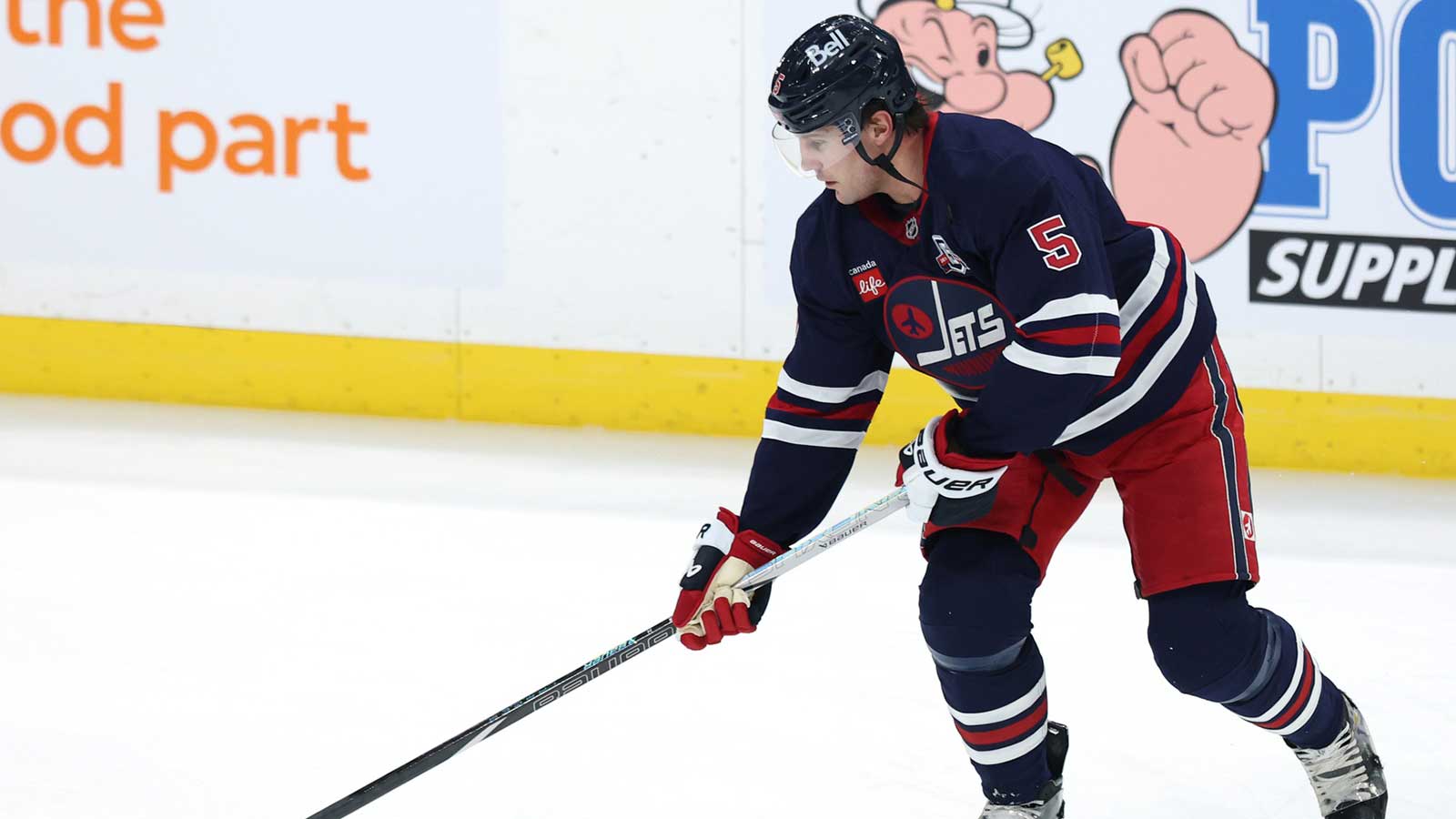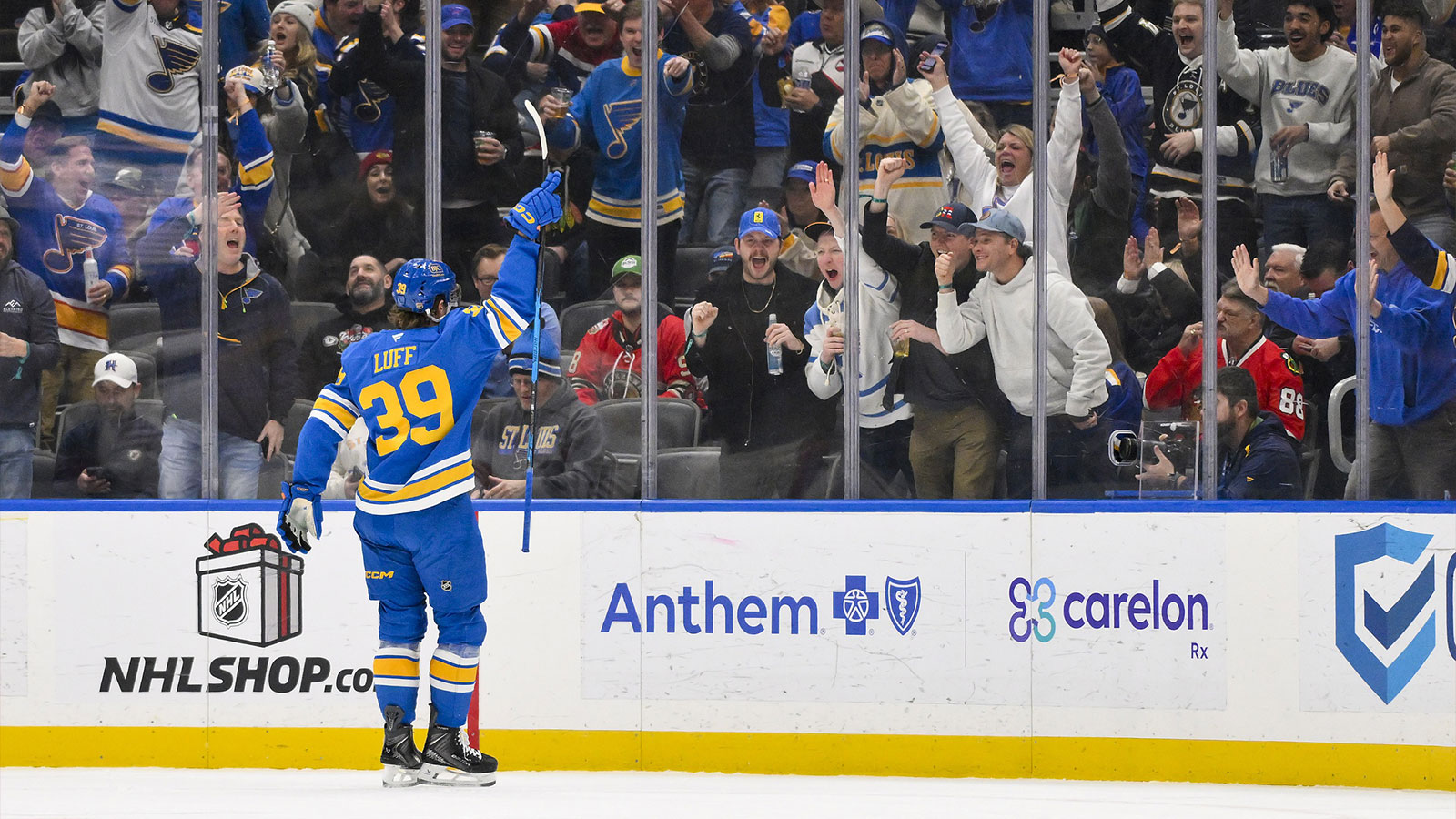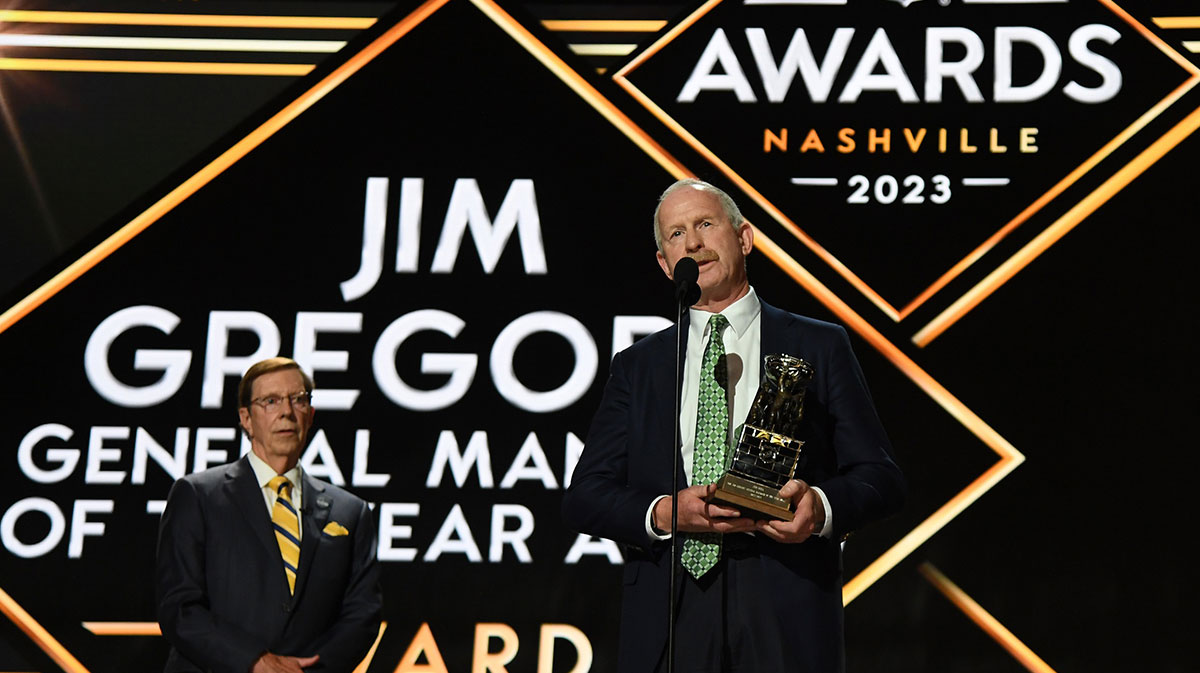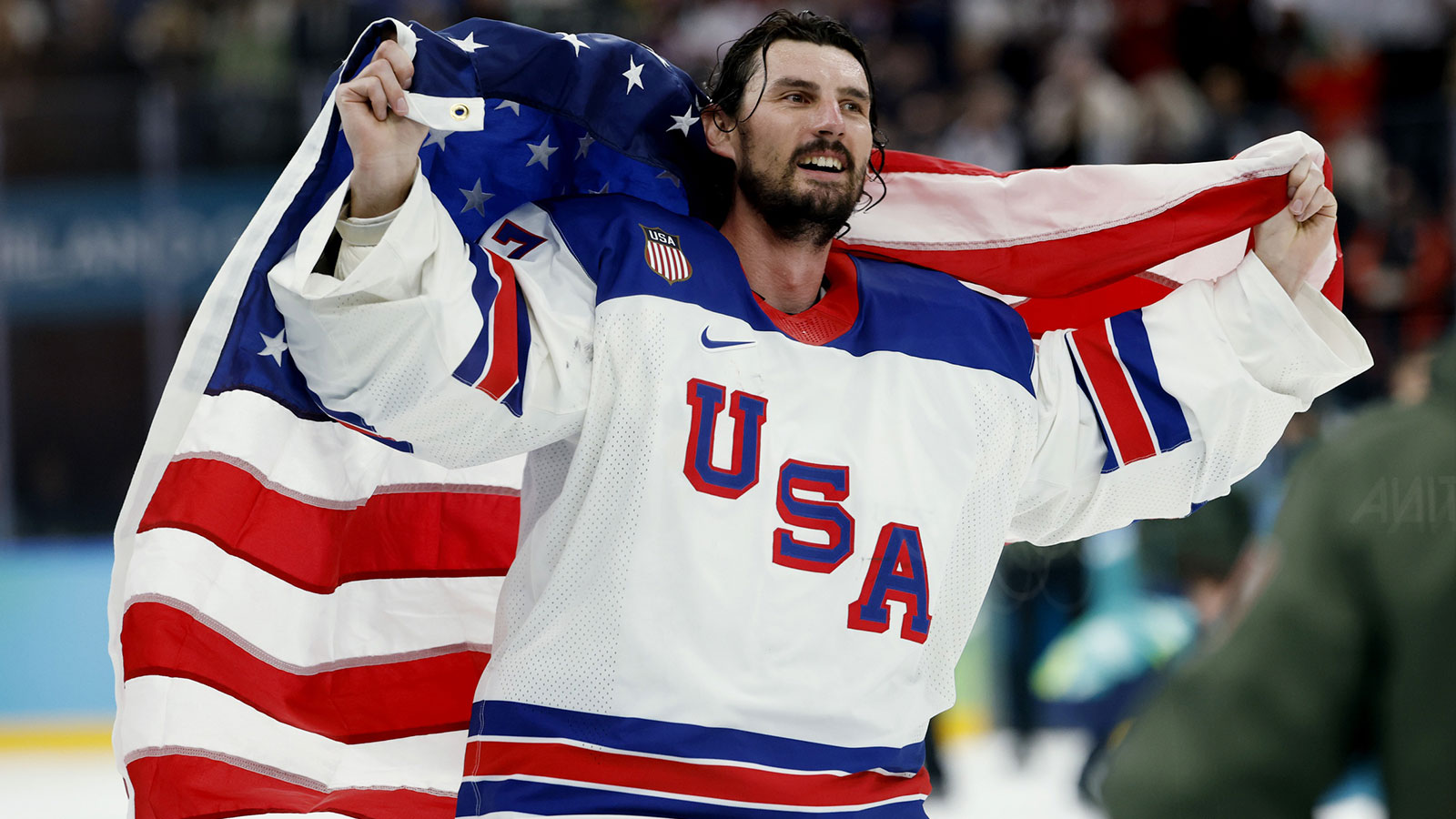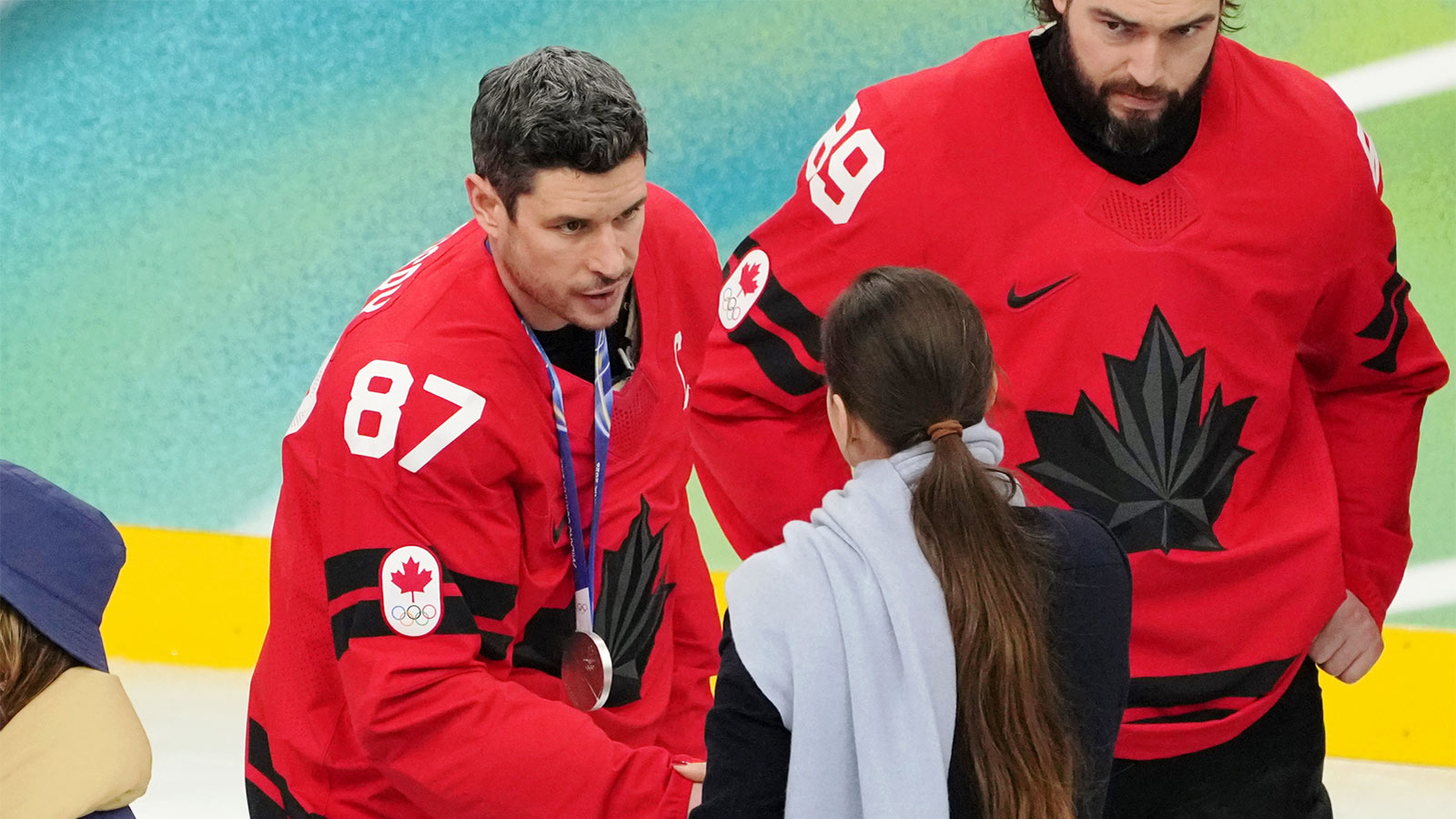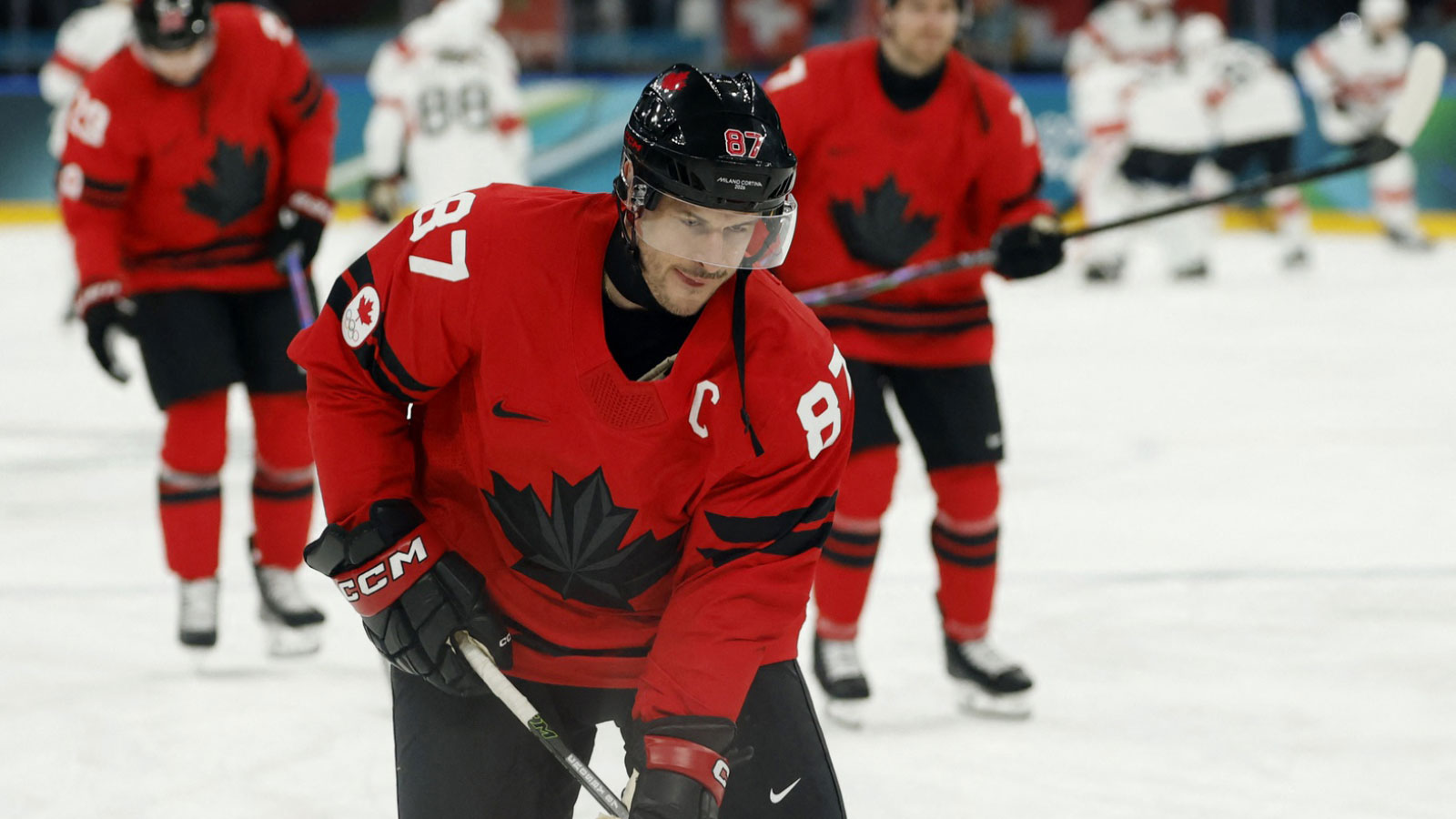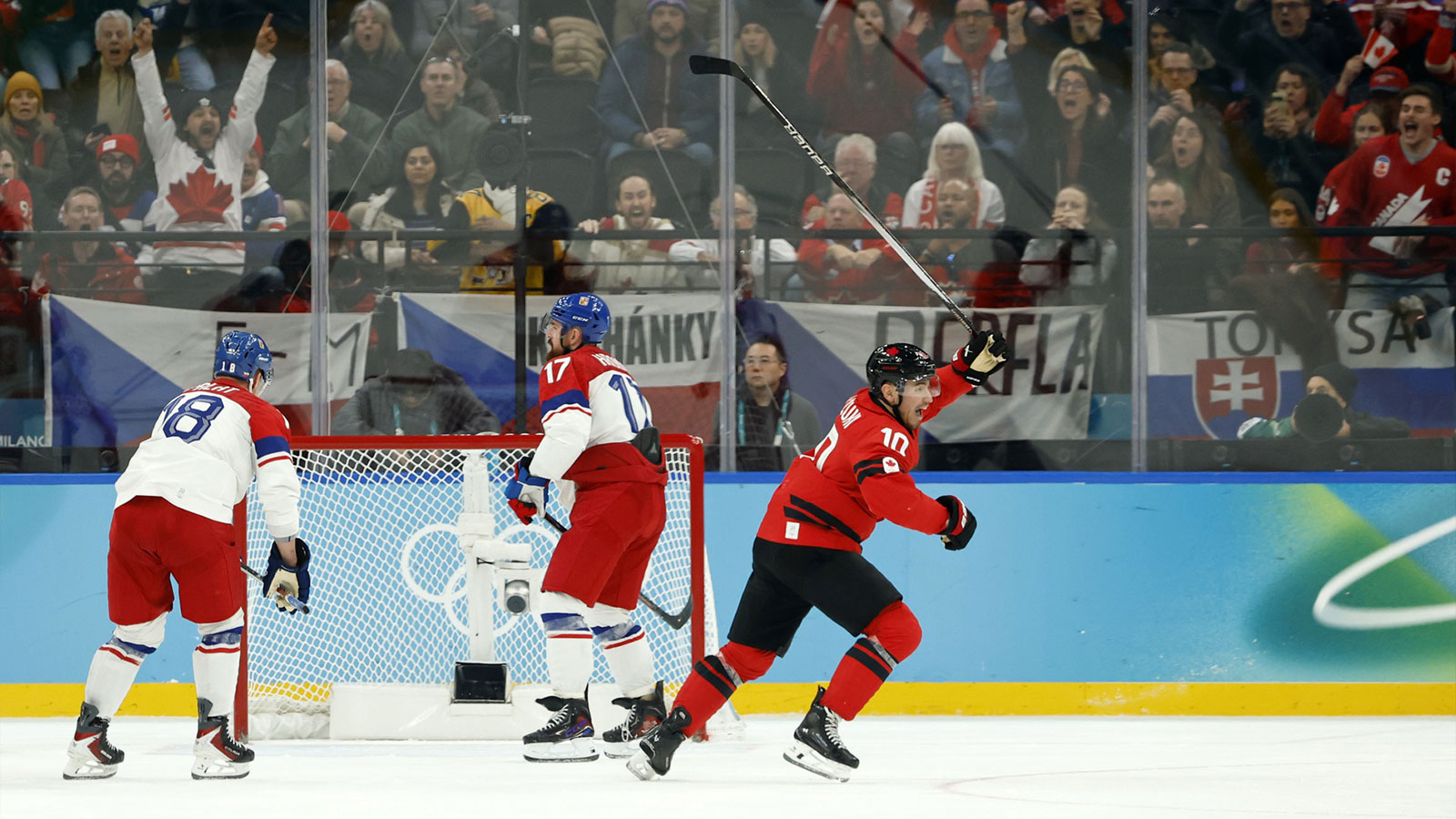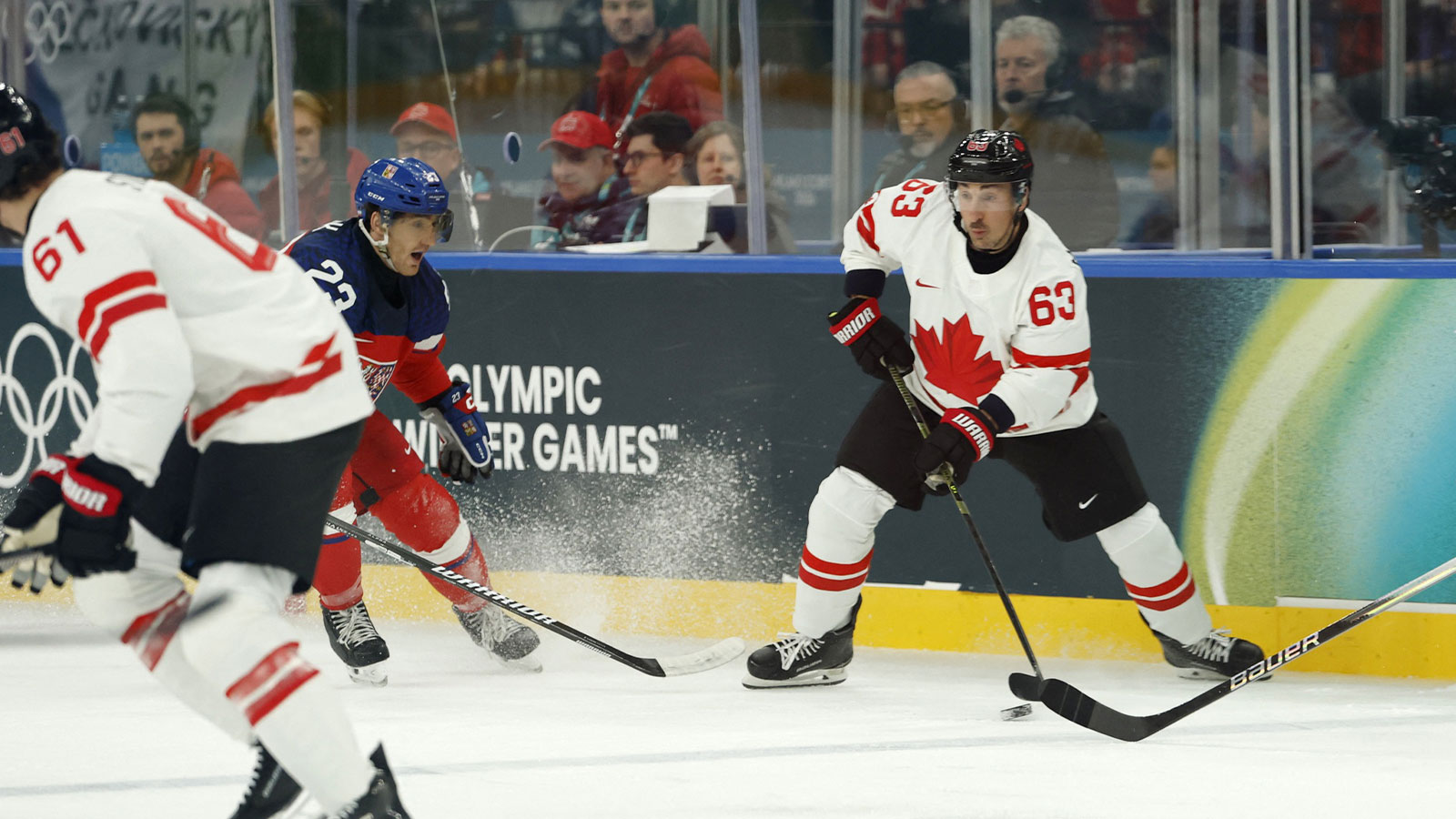Veteran goalie John Gibson has been in trade rumors for a while now. It seemed as if he would be in discussions for another year without a move. However, the discussions can finally end. The Anaheim Ducks traded Gibson to the Detroit Red Wings on Saturday during the 2025 NHL Draft. It's a crucial trade for both sides, and it's one that could define both offseasons.
The Red Wings and Ducks are trying to get better in their own ways. But did they achieve this goal with this trade? It's time to take a deep dive into this deal and hand out trade grades for Detroit and Anaheim.
Full trade
The Detroit Red Wings acquired goaltender John Gibson from the Anaheim Ducks during Day 2 of the 2025 NHL Draft. In exchange, Anaheim acquired goaltender Peter Mrazek, a second-round pick in the 2027 NHL Draft, and a fourth-round pick in the 2026 NHL Draft. There is no salary retention on either Mrazek or Gibson in this deal.
Ducks trade John Gibson
The Ducks have ramped up their efforts to trade Gibson following the emergence of Lukas Dostal. Dostal is one of the best young goalies in the NHL at this time. And he has made a strong claim to the starter's net in Orange County. Moving on from Gibson allows the young netminder to truly stand on his own.
Gibson did play well in a limited role in 2024-25. He only played 29 games for Anaheim in 2024-25. However, he put up a .912 save percentage, his best since the 2018-19 season. Furthermore, he finished the year with 9.71 Goals Saved Above Average and 11.71 Goals Saved Above Expected, according to Evolving Hockey.
In return, Anaheim gets a clear backup in Mrazek. The veteran netminder had a rough season with the Chicago Blackhawks in 2024-25. However, he showed signs of life in a five-game return to the Red Wings following a trade at the 2025 NHL Trade Deadline.
The crucial part of this is the two draft picks, and this is where the deal for the Ducks becomes a bit lackluster. The 2027 NHL Draft should have some promising talent. Adding an early-round pick in that class is good. In saying this, Gibson was the best goalie available on the trade market. Failing to get a first-rounder or a top prospect in the trade is a letdown in this market.
Overall, though, it's not the worst deal for the Ducks. They move off Gibson's $6.4 million salary for the 2026-27 campaign with this move. And they add some draft capital that could be used to improve the team through trade down the line.
Red Wings trade for John Gibson
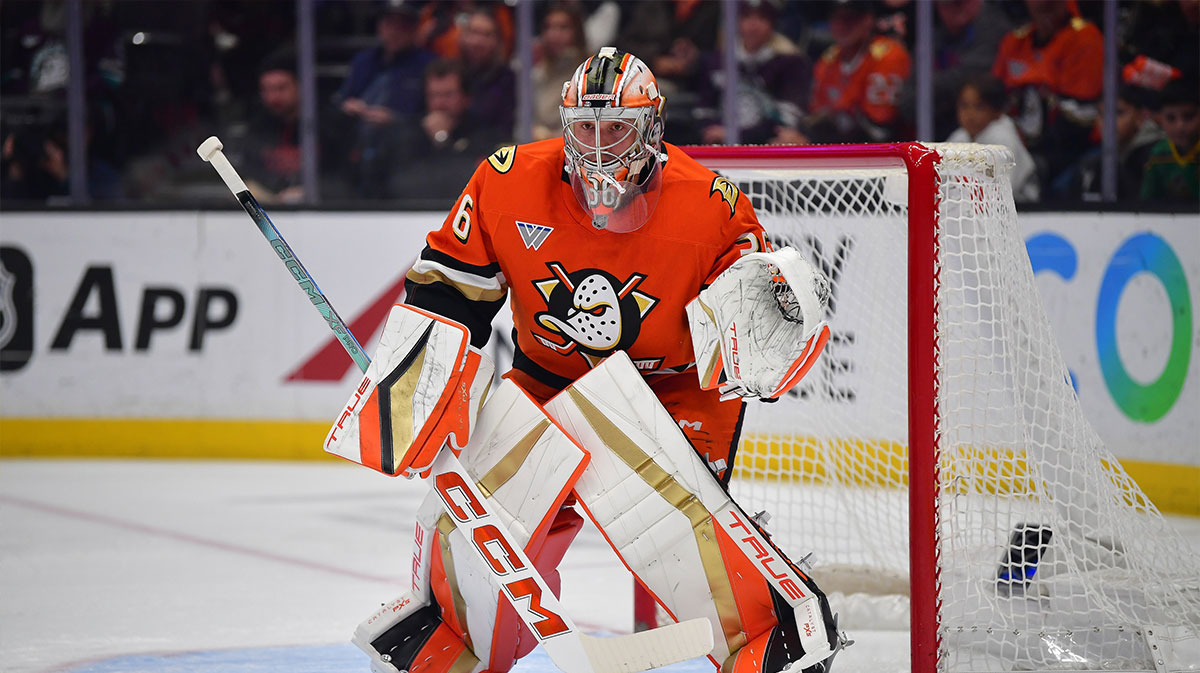
The Red Wings needed to upgrade their goaltending, and they did well here. Again, Detroit did not move off a top prospect or a first-round pick. They can use those assets to improve other needs on their roster. For Gibson, they didn't give up too much.
Gibson likely becomes the primary option in the net for the Winged Wheel. His numbers from 2024-25 suggest he could do well in an extended role. Detroit also has one of the NHL's best young defensive duos in Moritz Seider and Simon Edvinsson.
However, there is a major caveat with this deal. This trade makes the Red Wings' goaltending better, and this is a fact. What it does not do is address the root cause of a lot of their inability to prevent goals. Detroit's defensive depth beyond Edvinsson and Seider is rather barren. Adding another goaltender won't patch this.
It's not like this isn't Detroit's first attempt at a goaltending swing, either. Alex Nedeljkovic, Ville Husso, Alex Lyon, Cam Talbot, and Mrazek are all names that have come through the doors in Hockeytown over the last few seasons. With the exception of Lyon and Talbot, they didn't work out too much. And even then, they only worked in specific stretches.
With the potential exception of Nedeljkovic — who was a Calder finalist when he was traded to Detroit — Gibson has the strongest track record of the bunch. This adds a layer of confidence that Gibson can work out. However, given the team's track record with goalie acquisitions, it's worth being cautious in your optimism.
Grades and final thoughts
The Red Wings receive a fine grade for their part in the John Gibson trade. Detroit improves its goaltending at a relatively modest cost considering the market. Moving off Mrazek's contract helps offset the financials, at least for this season. There is reason to be skeptical, but this isn't a backbreaking move for the Wings by any means.
The Ducks receive a slightly lower grade for their part in this. Trading Gibson is the right move. It signals their faith in Dostal, and that signal is being sent at the right time. However, the return is a bit lackluster, even if the draft picks come in potentially deep drafts.
Detroit Red Wings grade: B
Anaheim Ducks grade: B-











